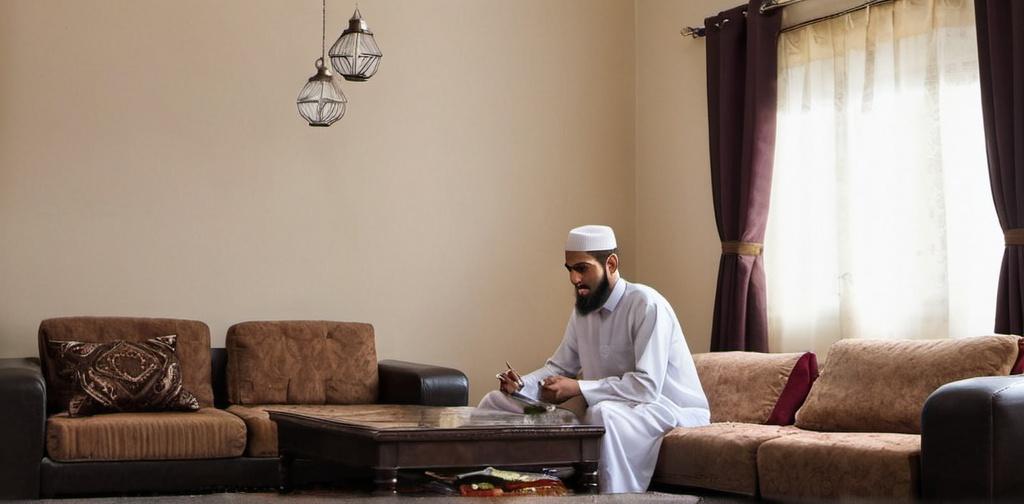Learn more about Futures Trading

Futures Trading: A Halal or Haram Dilemma
Alright, folks. Pull up a chair, because we’re diving into a topic that gets ask a lot: futures trading and whether it’s halal or haram. If you’ve ever found yourself awake at 2 AM, coffee in hand, staring at stock charts and wondering if your trades align with your faith, you’re not alone. It’s something more and more people are weighing in on, and it’s time to get to the heart of the issue. But first, let’s zoom out a bit and think about what futures trading really is.
What’s the Deal with Futures Trading?
Futures trading involves buying and selling contracts for the delivery of assets at a future date. Sounds straightforward, right? Well, the asset could be anything from grain and oil to financial instruments like stock indices or currencies. The key is, you’re not actually buying the physical asset. You’re betting on what its price will be in the future.
The suspense can get the blood pumping. But here’s the twist: the relationship between futures trading and Islamic finance is complicated. Because in Islamic finance, making money off money—such as earning interest—is generally considered haram.
The Riba Factor
One of the reasons why futures trading might be deemed haram is the element of riba, or interest. Charging or paying interest is a big no-no, according to Islamic principles. Some futures contracts might involve elements that could be perceived as interest, making them potentially haram. Always a buzzkill, isn’t it?
Is Speculation Your Frenemy?
Speculation is like that one friend you’re not sure about. Sometimes they’re exciting and give you a rush, but other times you wonder if they’re going to get you into trouble. Futures trading often involves a high degree of speculation, and this is where things get murky. Speculation in Islam can be seen as akin to gambling, which, you guessed it, is also haram.
Islamic scholars often debate whether the risk involved in futures trading resembles gambling. If the goal is purely speculative, then it could be off-limits. But if it serves a purpose like hedging (think protecting assets), it might get a pass.
The “Gharar” Quandary
Another Islamic principle to consider is gharar, which refers to uncertainty or ambiguity in contracts. Futures contracts have an element of uncertainty, since you’re betting on the future price of an asset. The presence of gharar would make such contracts unacceptable from a Shariah law standpoint.
There Are Exceptions
Okay, not all is lost. Some Shariah-compliant scholars argue that if futures trading is used for hedging (protecting your other investments) and not speculation, it can be halal. But tread lightly here, because not everyone is convinced by this argument.
How to Tread Carefully
If you’re considering venturing into futures trading, here are a couple of points for the cautious mind:
- Consult a Shariah advisor. They can give you the lowdown on what’s accepted and what’s not.
- Stick with contracts that closely align with Sharia principles. Look for transparency and fairness.
A Future with Futures Trading?
Whether futures trading is halal or haram remains a hot topic. Opinions vary and interpretations can differ. The best course of action: equip yourself with knowledge and consult with an expert. It’s like finding a balance between enjoying an adrenaline rush and sticking to what’s important to you spiritually.
So, what’s the verdict? The jury’s still out. But one thing’s for sure, understanding the ins and outs can steer you in the right direction. The world of finance comes with its fair share of questions, and at the end of the day, you have to ask yourself: are my trades a safe bet on my faith?